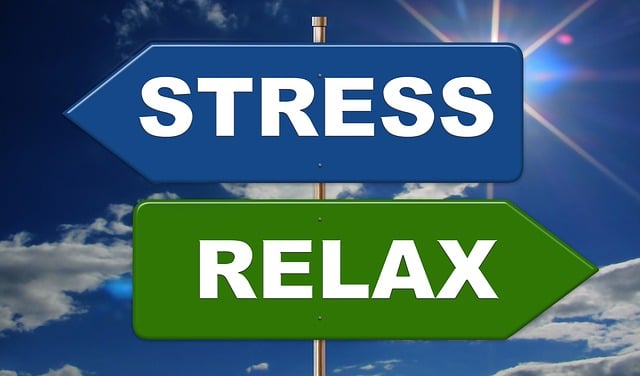“Stress” is a word we hear often, maybe even use often but can it be normal to feel “stress,” or to have “stress,” in our lives? YES! Stress is a common experience that affects us all individually in various ways. Stress is a natural response to challenging and/or demanding situations and can be both positive and negative. However, the frequency of experiencing stress impacts us! While it is difficult to provide an exact measurement of how often people feel stress, it is safe to say that it is a regular occurrence in most people’s lives. Yet, how we manage our stress and care for ourselves will determine the quality and perhaps quantity of our lives. Perhaps this summer, you could be taking better care of yourself and managing your stress in a more healthful way.
When we experience stress, our body releases stress hormones such as cortisol and adrenaline. These hormones increase heart rate, blood pressure, and respiration rate, preparing us for a “fight or flight” response. While this response can be helpful in short-term stressful situations, chronic stress can lead to long-term health issues. Not to mention, it doesn’t feel good to live like this! Prolonged stress can contribute to high blood pressure, heart disease, and stroke. The Centers for Disease Control (www.cdc.org) reports that stress has a significant impact on the immune and digestive systems. Furthermore, stress can disrupt sleep patterns and a lack of quality sleep further exacerbates stress levels as well as the potential for additional health issues.
The psychological impacts of stress also take a toll on our mental health and overall well-being. NAMI (National Alliance on Mental Illness nami.org) shares that chronic stress can lead to various psychological issues, including anxiety disorders, depression, and burnout. Anxiety disorders are characterized by excessive worry, fear, and a constant feeling of being on edge. Depression leads to feelings of sadness, hopelessness, and a loss of interest in activities once enjoyed. And then there is burnout! Burnout is a state of emotional, physical, and mental exhaustion caused by prolonged exposure to high levels of stress. All of these are signs there can be a lack of self-care.
There are other impacts of stress on our cognitive abilities and decision-making processes. When under stress, our ability to concentrate, focus, and remember information may be impaired. This can have negative effects on academic and/or professional performance. Stress strains our relationships with family, friends, and colleagues and causes irritability and mood swings, leading to withdrawal from social activities and isolating ourselves from others. This is counterproductive – stressed people need time to interact and have fun! Self-care means letting yourself have fun!
July is National Self-Care Month, an important time to think about the role that stress is playing in our lives and the impacts on our bodies and/or emotional well-being, even if we don’t want it to. Stress affects us even if we try to ignore it, control what is causing it, and it can lead to issues that become even further from our control. Recognizing the impact of stress on our well-being is crucial to implementing effective stress management techniques and prioritizing self-care. Or just reaching out to professionals to help you recognize the impacts is a great option too! But you must initiate the action.
Only you can take care of YOU. That’s sometimes hard to think about – it may be stressful! Avoidance will never resolve stress, but with one tiny step at a time, it can help you rebuild into the life, health, and energy level you desire. We cannot put our expectations to feel and live in a less stressful way on anyone else, or anything else, it will have to come from within ourselves. Isn’t it time we all started taking better care of ourselves? Wouldn’t that be so much less stressful? How can YOU be less stressed and best take care of YOU this summer?
Mary Hoadley
Director of The Wellness Center


